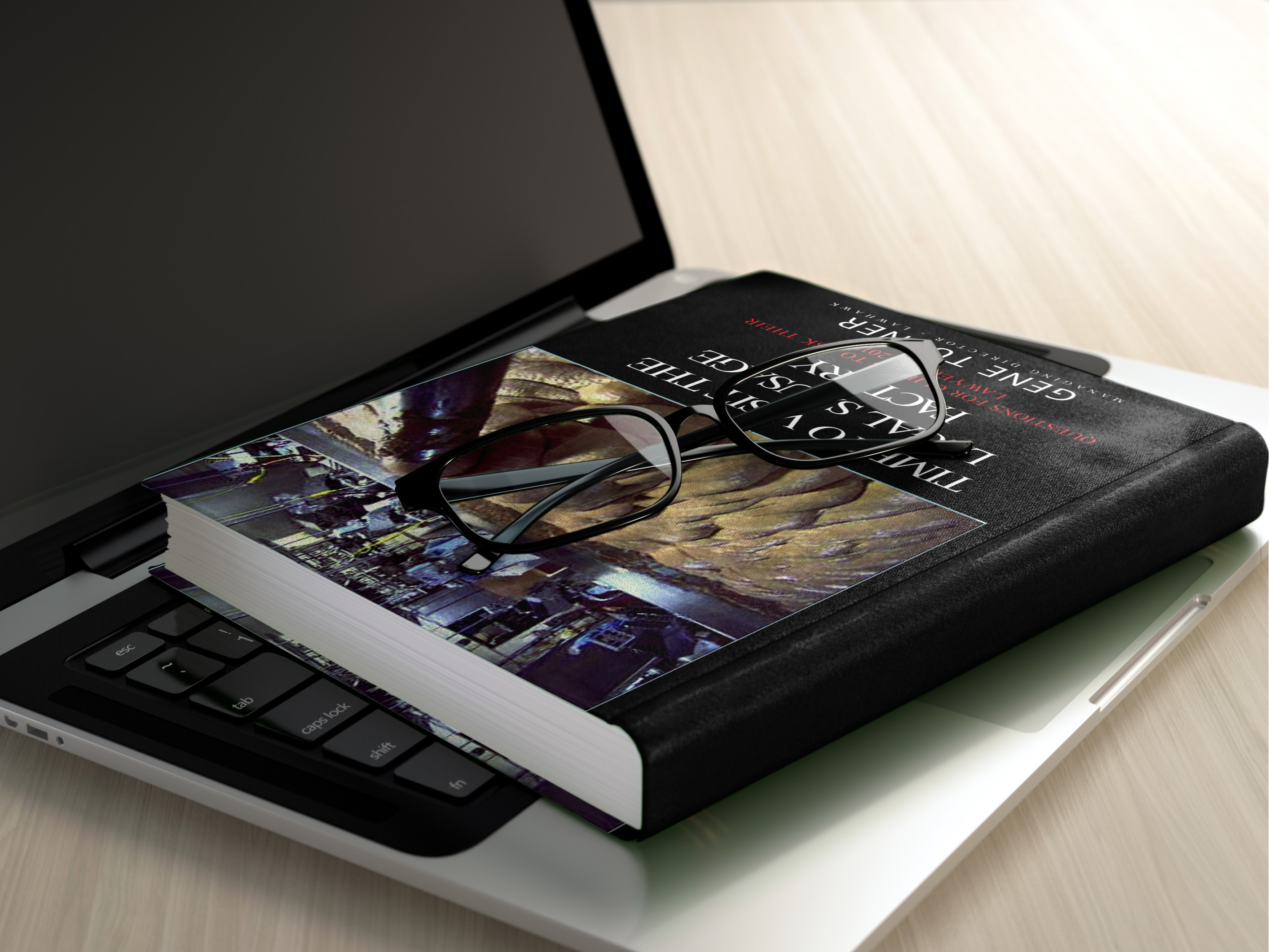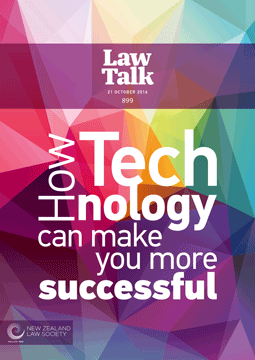In these earlier posts Time to visit the legal sausage factory - Questions for clients to ask their lawyers in 2017 and The legal sausage factory - will lawyers show clients how they make their sausages?, we suggested that if clients really want to see more value from their legal spend, they need to be more inquisitive and assertive and find out how their law firms currently work, so they can see what changes they require.
We've come up with 13 questions that clients can ask their lawyers to work out if they are modern and efficient firms working towards best practices, or if they are a 'legal sausage factory', churning out a product that looks ok but hoping you never see how it's actually made.
The first question we suggested asking is "Can you show us how you actually work?".
The next three questions focus on technology, because this is absolutely central to their ability to make major improvements. It's also the biggest threat to their continued existence because internationally and in New Zealand a substantial amount of legal technology is being developed, which will enhance those lawyers that adopt it and replace those that don't.
Our technology questions focus on what legal technology they are currently using, and what they plan to adopt (and in each case whether it is for the benefit of the client or the law firm), and how do they keep their clients' information secure?









 021 339 527
021 339 527 lawhawk@lawhawk.nz
lawhawk@lawhawk.nz








